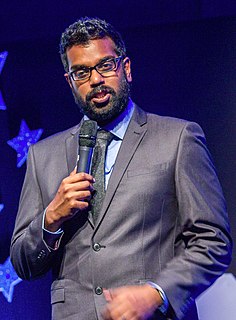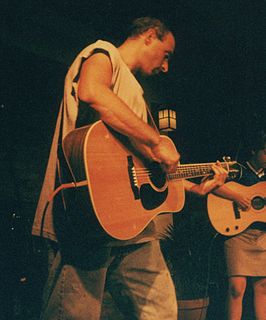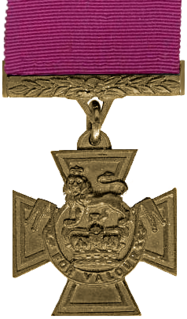A Quote by Stephen Dunn
A good many of my poems over the years have alluded to or taken on the political. Stevens has a line in one of his essays: "Reality exerts pressure on the imagination." Inevitably what is omnipresent in the culture exerts its pressure on our imaginations to respond to it, even if indirectly. But in this case the backdrop of 9/11, coincident with the breakup of a marriage, the finding of new love, some kind of personal cataclysm... all of those were forces informing the poems in some way.
Related Quotes
If the motive of writing is for some people a kind of exercise in dirty laundry, that's one thing. I've always thought of my poems as meant to be overheard, as I think all of these poems are. It seems to me if you get experience right, even your most painful or humiliating experiences - if you get those experiences right for yourself and make discoveries as you go along and find for them some formal glue - they will be poems for others.
There are definitely connections between poems, but I wanted each to stand on its own. I guess it goes back to the idea of trying to zoom in and out, and to modulate, so there are different ways of looking at any experience for the reader. Even having short poems and long poems - there has to be some kind of variation in the experience of reading as a whole.
Even when there's not a joke or a hook, the first line has to be good and snapem to attention. Songs ain't novels. You don't have 30 pages to slowly wrap somebody in. They're more like short stories or poems. If the first line hasn't grabbed them, you won't get to the second line. Once you've developed an audience, you may have some luxury and trust, so you don't have to knock 'em over the head with line one.
With Serbia, there will always be pressure. We are the kind of players and people who do not know how to live without pressure. Even if we play against Brazil or some of the other bigger countries, we think we are better than them. That is the way we are. People expect us to beat the big teams, and we have plenty of pressure from within.
It's true, there aren't many explicit references to Canada in my book. And not many explicit references to the U.S., either. I try to fill my poems with enough real, observed detail that the poems create a believable world - but I don't write poems for the sake of telling my own story. My life is not important or interesting enough to warrant that kind of documentary. Instead I try to use my experience as a way of understanding situations that are common to many people. I want readers to project their own lives onto my poems.
Europe is a rapidly changing place, on every level. Immigration, post-communist transitions, the unification, steady presence of war and conflict, the inescapable challenges to the notion of national literature/culture-it all exerts pressure upon writers who must be aware of the transformational possibilities of the situation.
Life kind of forces us to put these filters on, whether it's because someone told you you weren't good enough - excluded you or bullied you. Or maybe your parents screwed up on accident in some way and it changed who you were. There's this pressure to fit into a mold and change who you're supposed to be.





































